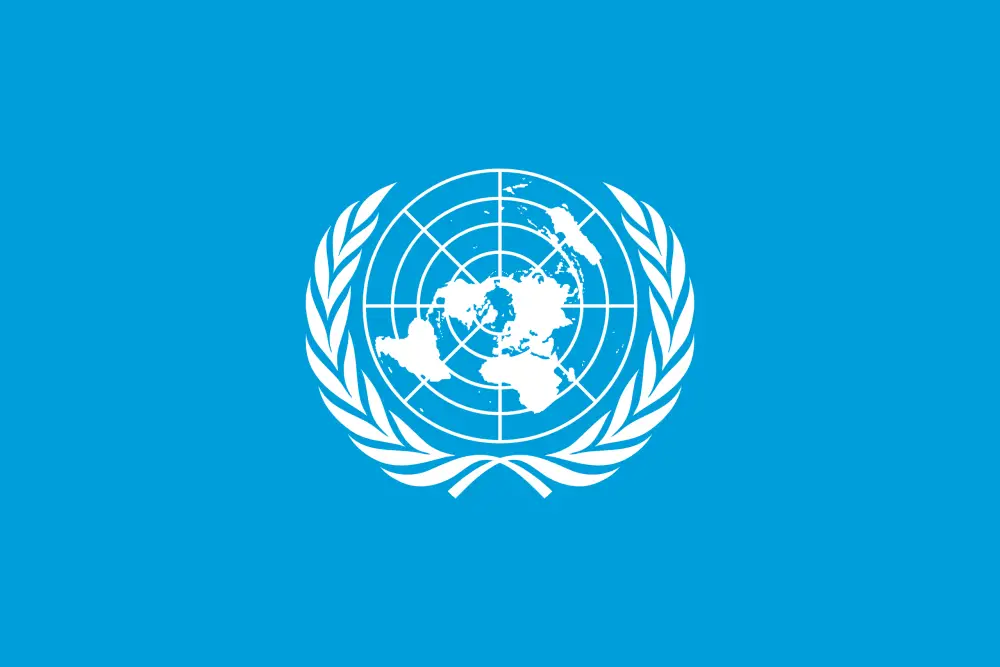- Acronym: UN
- Type: Intergovernmental Organization
- Membership: 193 member states, 2 observer states
- Establishment: Established on October 24, 1945, post World War II
- Official Language(s): Arabic, Chinese, English, French, Russian, Spanish
- Headquarters: New York City, USA
The United Nations (UN) is an international organization founded in 1945. It is currently made up of 193 Member States and was established to promote peace and cooperation around the world, following the devastating effects of World War II.
United Nations History
The United Nations was established after World War II with the aim of preventing future wars and providing a platform for dialogue among nations. It replaced the ineffective League of Nations. On 25 April 1945, 50 governments met in San Francisco for a conference and started drafting the UN Charter, which was adopted on 26 June 1945 and took effect on 24 October 1945, when the UN began operations.
United Nations Structure
The United Nations has six main organs: the General Assembly, the Security Council, the Economic and Social Council, the Trusteeship Council, the International Court of Justice, and the UN Secretariat. Each has a unique role in the organization’s governance and operations. The system also includes a number of specialized agencies, such as UNESCO and WHO, that work on specific issues such as health, education, and culture.
United Nations Membership
Membership in the United Nations is open to all peace-loving states that accept the obligations contained in the UN Charter and, in the judgment of the organization, are able and willing to carry out these obligations. The admission of any such state to membership in the United Nations is affected by a decision of the General Assembly upon the recommendation of the Security Council.
United Nations Objectives
Peace and Security
The UN aims to prevent conflict, helping parties in conflict make peace, peacekeeping, and creating the conditions to allow peace to hold and flourish.
Human Rights
The promotion and protection of human rights are key objectives of the United Nations. The organization seeks to uphold human dignity and ensure that all people can live in freedom and security.
Sustainable Development
The UN promotes social progress, better living standards, and human rights. The Sustainable Development Goals (SDGs) are a universal call to action to end poverty, protect the planet, and ensure that all people enjoy peace and prosperity.
Humanitarian Aid
The organization provides necessary humanitarian assistance in times of crisis, including food, shelter, and medical care, focusing on the most vulnerable and needy populations.
United Nations Funding
The UN is financed by assessed and voluntary contributions from its member states. The regular budget pays for the operational expenses of the United Nations, and the peacekeeping budget covers peacekeeping operations. Voluntary contributions come from governments, intergovernmental organizations, and other private and public sources and typically fund the vast array of UN programs and funds.
United Nations Projects
Sustainable Development Goals (SDGs)
The SDGs are a universal call to action to end poverty, protect the planet, and ensure that all people enjoy peace and prosperity. These 17 Goals build on the successes of the Millennium Development Goals while including new areas such as climate change, economic inequality, innovation, sustainable consumption, peace, and justice.
Peacekeeping Operations
The UN deploys peacekeeping forces in conflict zones around the world, aiming to maintain ceasefires and create conditions for sustainable peace. The operations often include disarmament, demobilization, and reintegration efforts, along with support for political processes and rebuilding institutions.
United Nations Members
Full Members
- Afghanistan
- Albania
- … (and so on for the other 191 member states)
Observer States
- The Holy See
- State of Palestine

